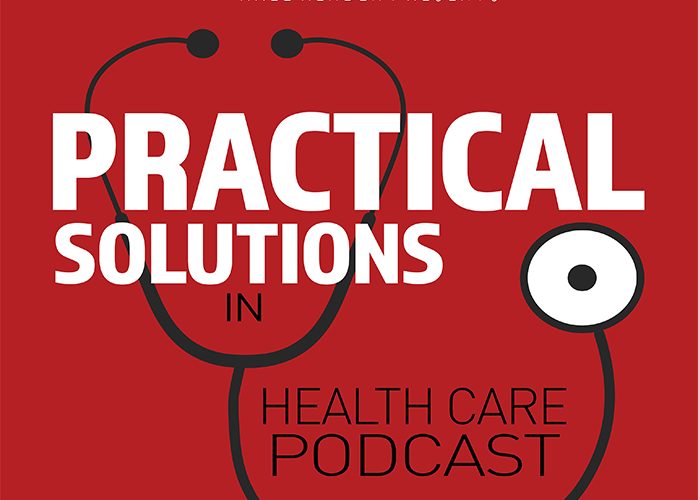The Importance of DEI Programs at Service Driven Organizations
The Importance of DEI Programs at Service Driven Organizations In this interview, Ritu Kaur Cooper sits down with John Mariano, SVP and General Counsel at Precision Medicine Group to talk about the great work that Precision is doing in the area of Diversity, Equity and Inclusion at their organization. Podcast Participants Ritu Kaur Cooper Shareholder,…
Read MorePodcast: Play in new window | Download
Subscribe: RSS

